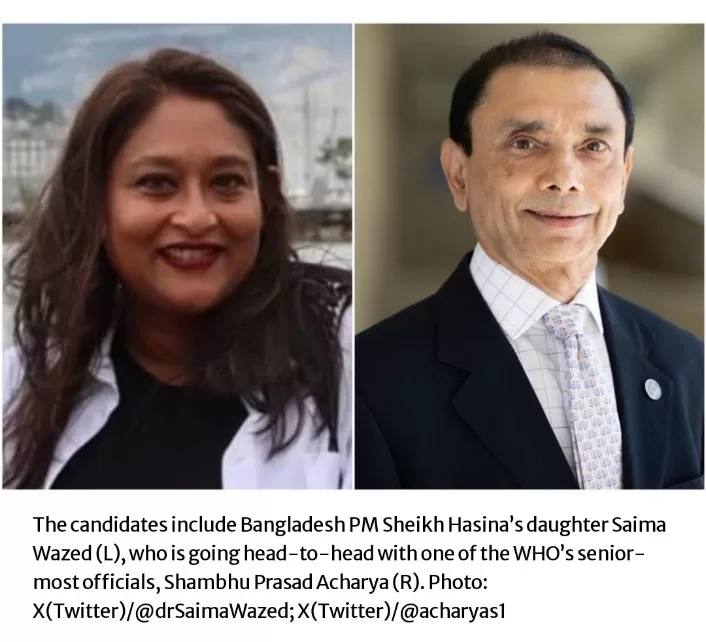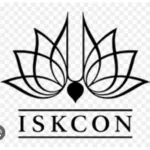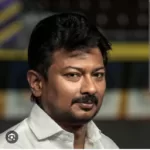KATHMANDU/NEW DELHI – In a crucial development on the international stage, India finds itself at a crossroads as it weighs its options in the upcoming World Health Organization (WHO) regional Director’s election. Both neighboring nations, Nepal and Bangladesh, have put forward candidates for this prestigious post, setting the stage for a highly-anticipated contest. This election will also be discussed on the sidelines of the G-20 summit scheduled for this weekend.
The contenders for the WHO South East Asia Regional Office (SEARO) Director position are Saima Wazed, the daughter of Bangladesh’s Prime Minister Sheikh Hasina, and Shambhu Prasad Acharya, a veteran WHO official hailing from Nepal. The election is scheduled to take place behind closed doors in New Delhi from October 30 to November 2. The victor will be determined by a majority vote from 11 member countries, including Bangladesh, Bhutan, North Korea, India, Indonesia, the Maldives, Myanmar, Nepal, Sri Lanka, Thailand, and Timor-Leste. Poonam Khetrapal Singh of India has held the SEARO Director’s role since 2014.
Government officials in India have hinted that a decision on which candidate to support is forthcoming. However, sources suggest that Saima Wazed may have an advantage due to the strategic importance of the India-Bangladesh relationship, coupled with Prime Minister Hasina’s endorsement of her candidacy. Nonetheless, the final outcome will be influenced by negotiations between SEARO member countries and Bangladesh and Nepal, following a system of reciprocity commonly seen in UN elections.
Shambhu Prasad Acharya, the current Director of Country Strategy and Support for WHO Director-General Tedros Ghebreyesus, is considered an insider with significant experience in the role. In contrast, Saima Wazed, a psychologist by training and a government advisor in Bangladesh, is conducting a formidable diplomatic campaign. She is expected to accompany Prime Minister Hasina during her visit to Delhi, where Bangladesh holds a special invitation to the G-20 summit. Tedros Ghebreyesus and a large WHO delegation are also set to participate in the event, with a preference for their colleague Mr. Acharya.
Saima Wazed has been actively canvassing for support in the region, including meetings with key figures at the ASEAN summit in Jakarta, Indonesia. Meanwhile, Nepal has initiated its campaign, although it is less high-profile. Mr. Acharya presented his credentials during a meeting of SEARO member Ambassadors in Kathmandu, emphasizing his extensive career in public health, including previous roles at the WHO in Dhaka and Delhi, as well as 24 years at the WHO’s Geneva headquarters.
As the election battle unfolds, former World Food Programme Director in India, Bishow Parajuli, expressed hope that merit would prevail in candidate selection, highlighting Mr. Acharya’s impressive track record in the WHO and the public health field.
In what is shaping up to be a compelling showdown, India faces the delicate task of making a decision with far-reaching implications for regional and global health leadership. The world watches as India contemplates its choice in this critical WHO election.




